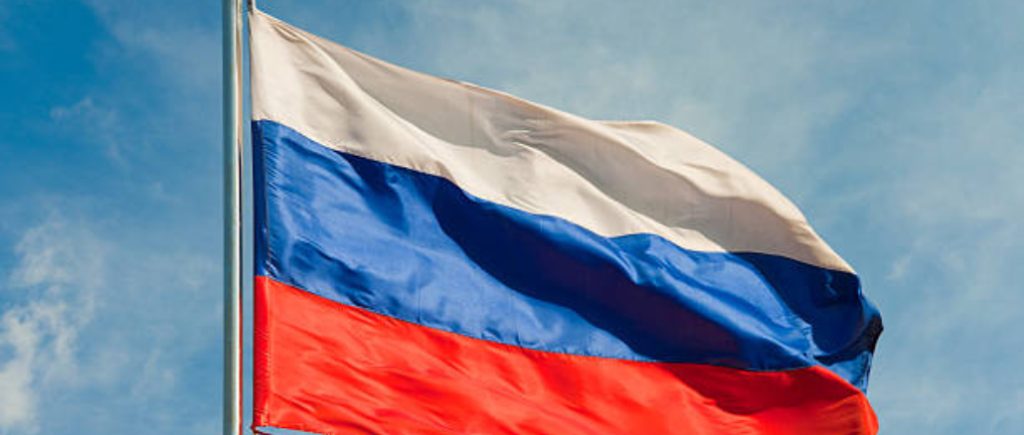- Starting August 23, Russia will expand its electronic visa (e-visa) program.
- Visa validity will increase from 60 days to 120 days.
- Maximum continuous stay will extend from 16 days to 30 days.

Starting August 23, Russia will broaden the scope of its electronic visa (e-visa) program, doubling the visa’s validity from 60 to 120 days and extending the maximum continuous stay from 16 to 30 days.
The change, announced this week, is intended to make travel to Russia easier for citizens of 64 eligible countries, while maintaining the program’s single-entry limitation.
Russia’s nationwide e-visa system, introduced in August 2023, has quickly gained popularity. Over 1.2 million travelers have used the service, with the largest numbers coming from China, Saudi Arabia, Germany, Turkey, India, and Estonia. Officials say the update will give visitors more time for tourism, business, or cultural exchange without adding new bureaucratic hurdles.
How the Updated E-Visa Works
The application process remains fully online and simple: applicants submit a passport scan, photo, and travel details via the government portal, and most receive approval within four calendar days. The fee is around $50, though children under six are exempt aside from small bank charges.
With the new rules:
- Travelers have four months from the issuance date to enter Russia.
- They can stay for up to 30 consecutive days.
- Entry is restricted to 105 approved checkpoints, including major airports, seaports, railway hubs, and certain land borders. Other crossings still require special authorization from the Federal Security Service.
Looking Ahead: Multiple-Entry Option Considered
Despite the extended validity and stay period, the e-visa remains single-entry. Visitors leaving Russia must apply again to return. However, Minister of Economic Development Maxim Reshetnikov said in June that multiple-entry e-visas are under consideration, though no timeline has been provided. This change would particularly benefit business and regional travelers needing to move in and out of the country frequently.
Strategic Timing
The policy shift comes as Russia seeks to boost tourism and cultural exchange despite ongoing strained international relations. By offering more flexible visas without easing border security, the government aims to promote economic engagement while maintaining tight control over entry points.
For travelers from the 64 eligible nations, the update offers longer stays, simpler planning, and less paperwork, making it easier to explore Russia’s vast regions. Still, the single-entry rule means careful trip planning remains essential.



![My Son - Mopher more [MUSIC]](https://blogger.googleusercontent.com/img/b/R29vZ2xl/AVvXsEj9dTA_NjRYpAmqPo-mIcpRAkwmrQQCjR1MNiVJtPkfOhWhhVyvHx7rPRBcvTSWMkpGd-ZWdfumBaheDWP0Cy6Cjgn9QA2lBkdupUmxlD73m0CqU2v294RHJk1nOpdU7onZGkHt2KdDyJNWnvY22211ISdY2LpsxfIW40SKUXYDNawN8l3kYr5ld7KHjq9n/w72-h72-p-k-no-nu/MYSONN.jpeg=w72-h72-p-k-no-nu)
0 Comments